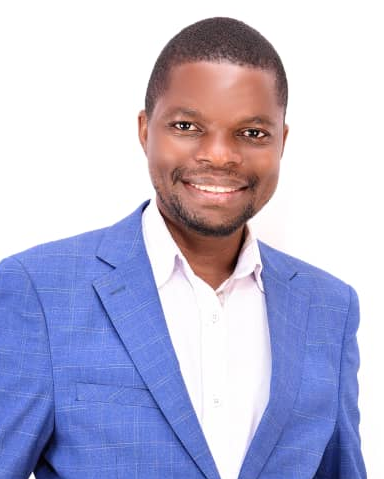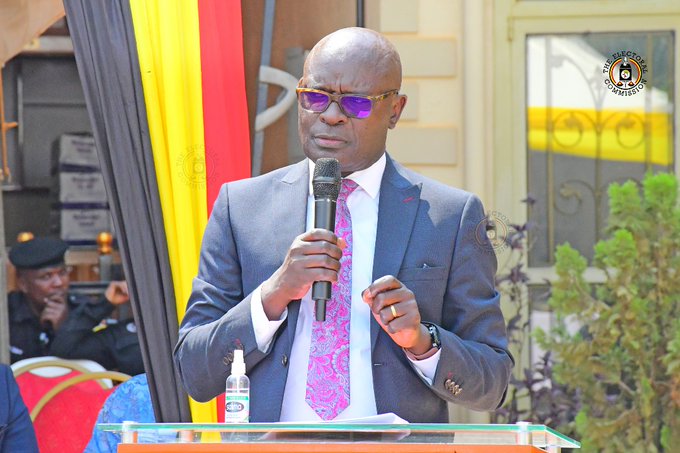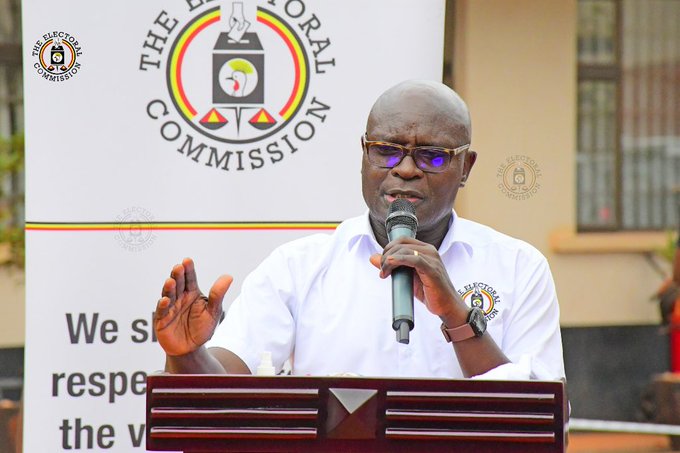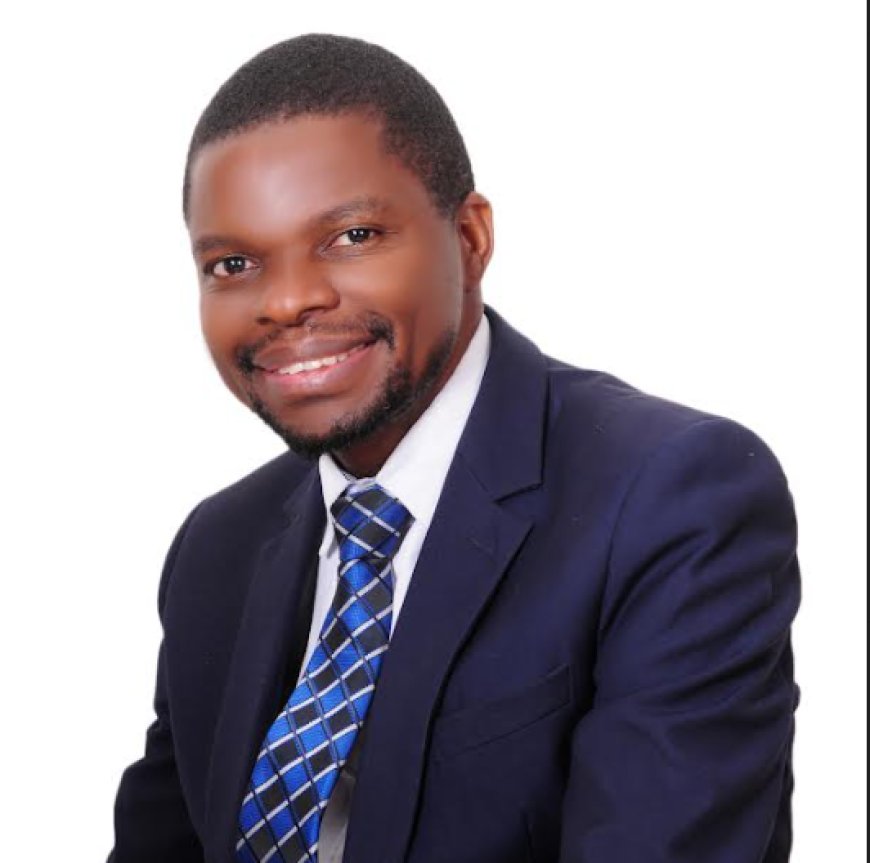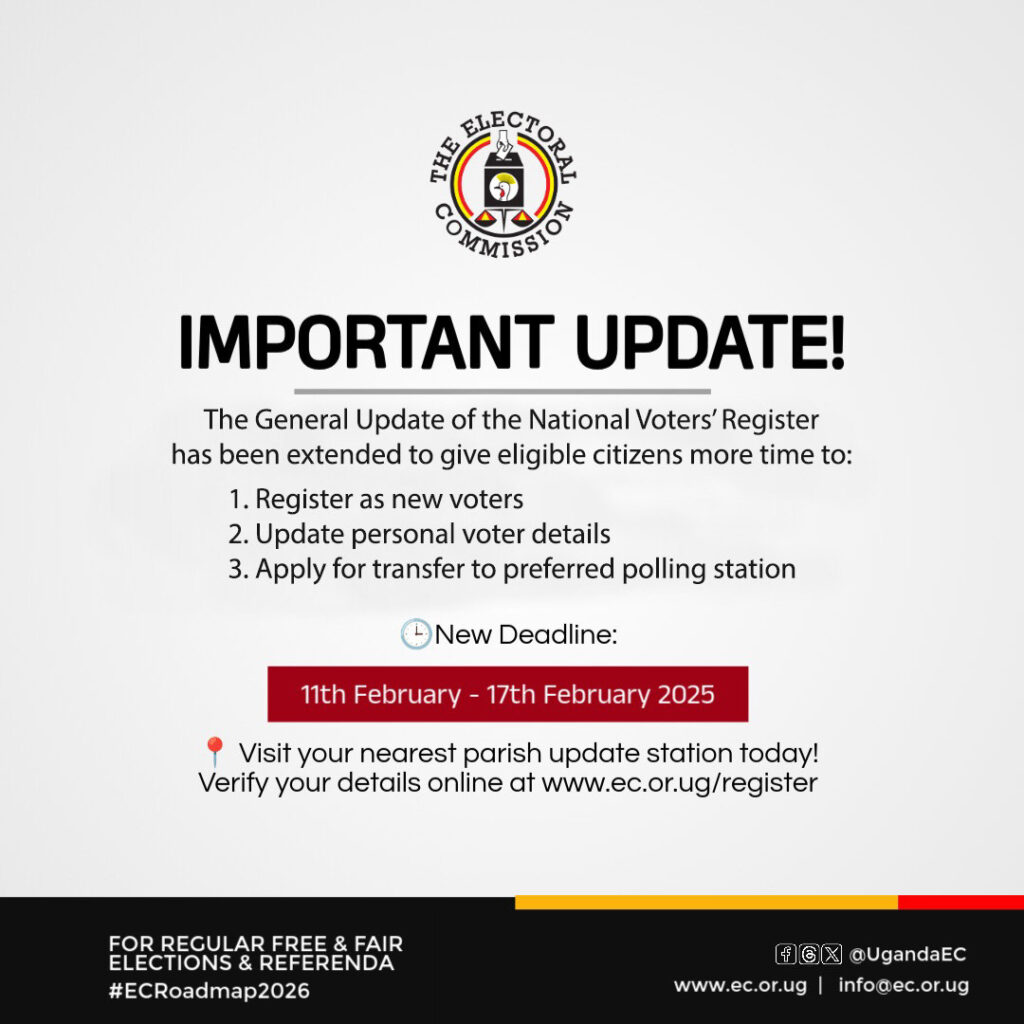Kampala, Uganda – PanAfricansim has the potential to reshape Africa’s international positioning and relationships if well harnessed to contribute to a more equitable global order, a researcher at Carleton University in Canada has concluded.
In his article titled, ‘(Re) Negotiating Existence: Pan- Africanism and the Role of African Union in a Changing Global Order,’ Prof Samuel Ojo Oloruntoba reasons that the African Union (AU) should clout the tenets of Pan-Africanism to foster subterranean integration and forge stronger connections with African citizens and progressive global allies.
Prof Oloruntoba’s paper has been published in the prestigious Global Studies Quarterly, by Oxford University Press on behalf of the International Studies Association. It can be accessed via this LINK.
Defining PanAfricanism
The Journal of African American History defines Pan-Africanism as a worldwide movement that aims to encourage and strengthen bonds of solidarity between all indigenous peoples and diasporas of African ancestry. Based on a common goal dating back to the Atlantic slave trade, the movement extends beyond continental Africans with a substantial support base among the African diaspora in the Americas and Europe.
The study
In this study, the scholar who made his conclusion from secondary resources, the scholar observes that the current state structures in Africa are remnants of colonial rule, which differ significantly from pre-colonial political systems that supported powerful kingdoms.
He argues that these externally imposed structures have hindered meaningful integration and development across the continent, hence any interventions aimed at bringing all African countries together, have oftentimes been limited by the fundamental misunderstanding of how to navigate these colonial legacies has limited their success.
“The recognition of the limitation of the state structure to advance development has made the ruling elites embark on various programs of integration. However, lack of understanding of how to address the political question of how Africa can work together outside the externally created state structure undermined any meaningful success in integration,” he argues in his well-researched paper.
Thus, his paper has advocated for a renewed PanAfricanism, which would empower the AU with better resources and capabilities. This new approach, according to him, aims to connect more effectively with African citizens both on the continent and in the diaspora and align with progressive forces worldwide to renegotiate Africa’s role in global affairs and promote a more humane international order.
“I propose a new PanAfricanism that would see the AU more resourced, capable, and more connected to African citizens both on the continent and abroad as well as progressive forces in other parts of the world, intending to play a more active role in renegotiating Africa’s engagements with other parts of the world,” he writes.
Indeed, Africa, especially the AU is doubled in a myriad of challenges such as Multilateral System Shifts, a historical legacy and discontent, a unipolar world order, balancing relations with both traditional Western partners and new actors in the global arena, untapped resources and youth surge, conflict and underdevelopment.
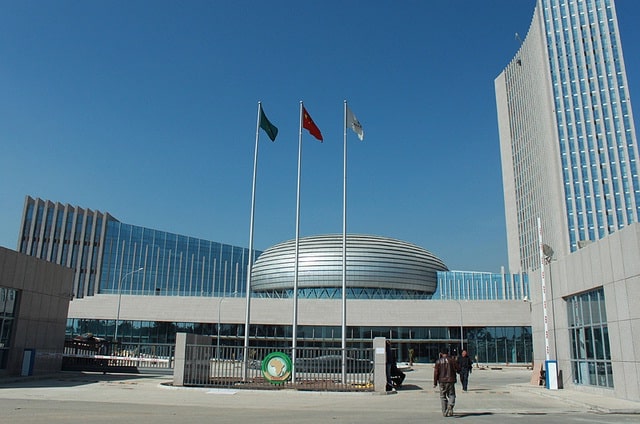
“While the role of the AU in fostering regional integration and promoting the African Renaissance has been noted, and as the world continues to deglobalize, it is important to reinvigorate PanAfricanism in ways that can lead to the realization of the AU Agenda 2063 and resist the ongoing marginalization of the continent under the global capitalist order,” argues Prof. Oloruntoba.
His paper observes further that while the aspirations set out in the African Union’s (AU) Agenda 2063 are ambitious, aiming to transform the continent over the coming decades, realizing these goals will depend on a complex interplay of domestic and external factors.
“These include the exercise of African agency, more accountable governance, active citizenship, technological development, social inclusion, the commitment of member states to these common goals, and the ability of AU organs to effectively fulfill their mandates,” he argues.
Historically, African leaders have struggled to reach a consensus on the best approach to continental integration. Since the early 1960s, there have been significant disagreements, such as those between the Monrovia group (gradualists) and the Casablanca group (instantaneous radicals) in the late 20th century, and more recently, between political integrationists and economic integrationists.
These persistent disagreements, coupled with some leaders’ dubious democratic credentials and tendencies to engage in ethnic politics, have weakened the commitment to Pan-African ideals.
In essence, his approach envisions a stronger, more unified AU that can effectively negotiate better terms for Africa in international trade and economic relations.
This approach would move beyond the individual efforts of African states and utilize the collective strength of the continent to advocate for a more inclusive and equitable international order.
Indeed the scholar argues that the success of this new Pan-Africanism and the AU’s enhanced role in global affairs depend on resolving critical issues around state sovereignty and identity.
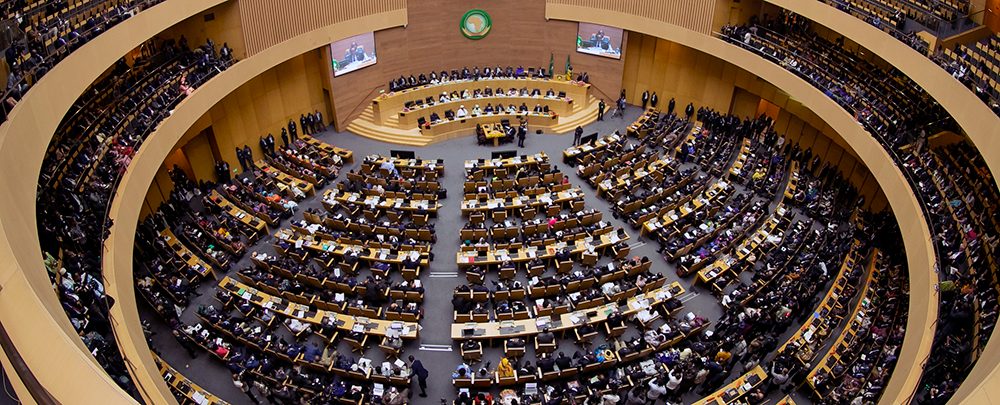
“Whether African leaders are willing to cede some national sovereignty to a supranational organization will be crucial in determining the future of PanAfricanism and Africa’s position in the evolving global landscape,” he writes.
His paper has referenced the works of luminaries such as Paul Kagame, Walter Rodney, Kwame Nkrumah, Desmond Tutu, Yash Tandon, Joseph Stiglitz, Frantz Fanon, and Ian Taylor, among others.
About Prof Oloruntoba
Prof. Oloruntoba is a professor at the Institute of African Studies at Carleton University in Ottawa, Canada. His research interests span various areas related to Political Economy, African development, governance, indigenous knowledge, political knowledge production, and international relations, among others. He is working on a Pan-African project to elevate indigenous expertise across the continent.
He has published widely on Democracy and Development, Global Governance of Trade and Finance, Politics of Natural Resources Governance, and EU-African Relations. He examines the interactions between the European Union and African countries.
NOTE: Prof Oloruntoba’s full paper can be accessed via: https://doi.org/10.1093/isagsq/ksad045
About The Author
Arinaitwe Rugyendo
Rugyendo is the Founder and Editor-in-Chief of ResearchFinds News. He’s an accomplished journalist with a rich background in the media industry in Uganda. With over two decades of experience, Rugyendo has held various roles including cab reporter, Bureau Chief, Managing Editor, and Digital Media Editor at renowned publications such as Daily Monitor and Red Pepper. Throughout his career, he has demonstrated a commitment to delivering high-quality journalism and staying at the forefront of media trends. In addition to his journalistic pursuits, Rugyendo is currently pursuing a Ph.D. in Journalism and Communication at Makerere University. He has been recognized for his outstanding leadership and commitment to social change as a Desmond Tutu Fellow and Crans Montana New Leader. Rugyendo also serves as the Chairman of Young Engineers Uganda and Uganda Premier League, showcasing his dedication to promoting excellence and growth in various fields. With a passion for driving innovation and pushing boundaries in media, Rugyendo continues to make significant contributions to the industry. His vast experience, academic pursuits, and leadership roles make him a respected figure in the Ugandan media landscape.


